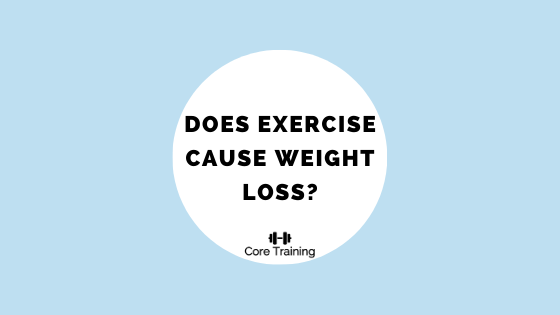Does Exercise Cause Weight Loss?
This is perhaps one of the most common (and enduring) misconceptions in the health and fitness industry - the idea that exercise is all you need to do in order to lose weight. That’s not to say that exercise can’t be an important part of a weight loss goal, nor that it doesn’t contribute at all. However, exercise is rarely the main driver of weight loss, and nor do I recommend anyone take up exercise with the sole purpose being to lose weight.
I will expand on that last point, but I want to first explain why trying to exercise your way to weight loss is such a bad (but common) trap to fall into. Simply put, it’s a lot quicker to eat 1,000 calories than it is to burn it off - so relying on exercise, without also looking at your nutrition, will almost never lead to a successful weight loss program. Now, if you have someone who’s nutrition is ‘perfect’ (hypothetically, because none of us are actually perfect in reality), but is completely inactive - then yes, introducing regular exercise will lead to weight loss. However, that is not a very common or likely scenario if we are being realistic.
If you are a regular reader of my blogs, or of Core Training’s content in general, you will have read about ‘energy balance’ many times before. But for anyone who is not familiar with this term, here’s a quick rundown: energy balance refers to the interaction between calories in (what you eat and drink) and calories out (what our body burns off over the course of a day). If we have a positive energy balance (more calories in than calories out) we will gain weight, if we have a neutral energy balance (calories in roughly equal calories out) we will maintain our weight, and if we have a negative energy balance (less calories in than calories out) then we will lose weight.
Now, if you are trying to lose weight purely through adding in exercise to your routine, you are going to have a really tough time of it - for the reason stated above: it takes a lot longer to burn calories than it does to consume them. It’s just not realistic to burn thousands of calories per day through exercise - which is what many people would need to do in order to illicit weight loss. It’s for that reason that anyone who has the goal of losing weight needs to put controls on their diet. This doesn’t necessarily mean calorie counting, cutting out entire food groups or following a highly restrictive diet; but it does mean putting habits and behaviours in place to moderate your calorie intake to allow you to create that calorie deficit. It is far more feasible to lose weight from diet alone, than it is from exercise alone. However, the best approach is to use a combination of diet and exercise in order to get the best results, and the best long-term health.
Now, that doesn’t mean that exercise can’t contribute to your weight loss - of course any calories you do burn during exercise will have an impact on your overall energy balance - but it shouldn’t be your primary reason for exercising. No, your primary reason for exercising should be something more like:
Reduce your risk of all-cause mortality
Improve your cardiovascular fitness
Get stronger
Reduce your risk of developing long-term disease
Socialisation
Enjoyment
… and that’s just off the top of my head. Exercising regularly is one of the best things you can do for your overall health, and I encourage everyone to find a form of exercise they at least moderately enjoy (no-one says you have to ‘love’ it) and commit to doing it on a regular basis. If possible, include some form of resistance training into your overall exercise routine, too. No, exercise alone may not lead to weight loss, but exercise alone will lead to numerous, far-reaching health improvements. And remember, improving your health and losing weight are not necessarily the same thing.


